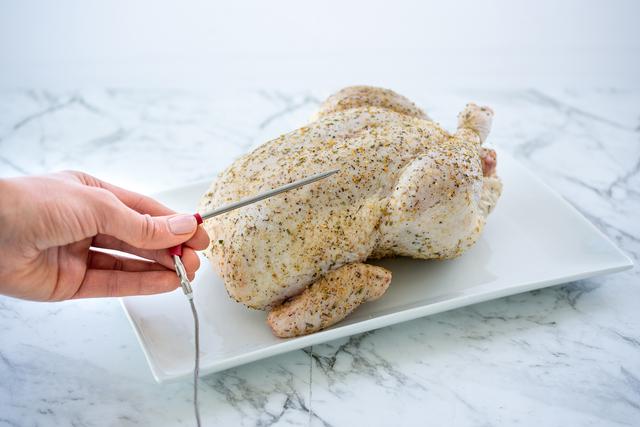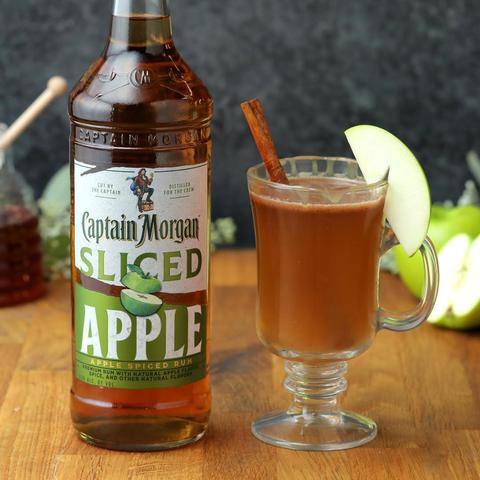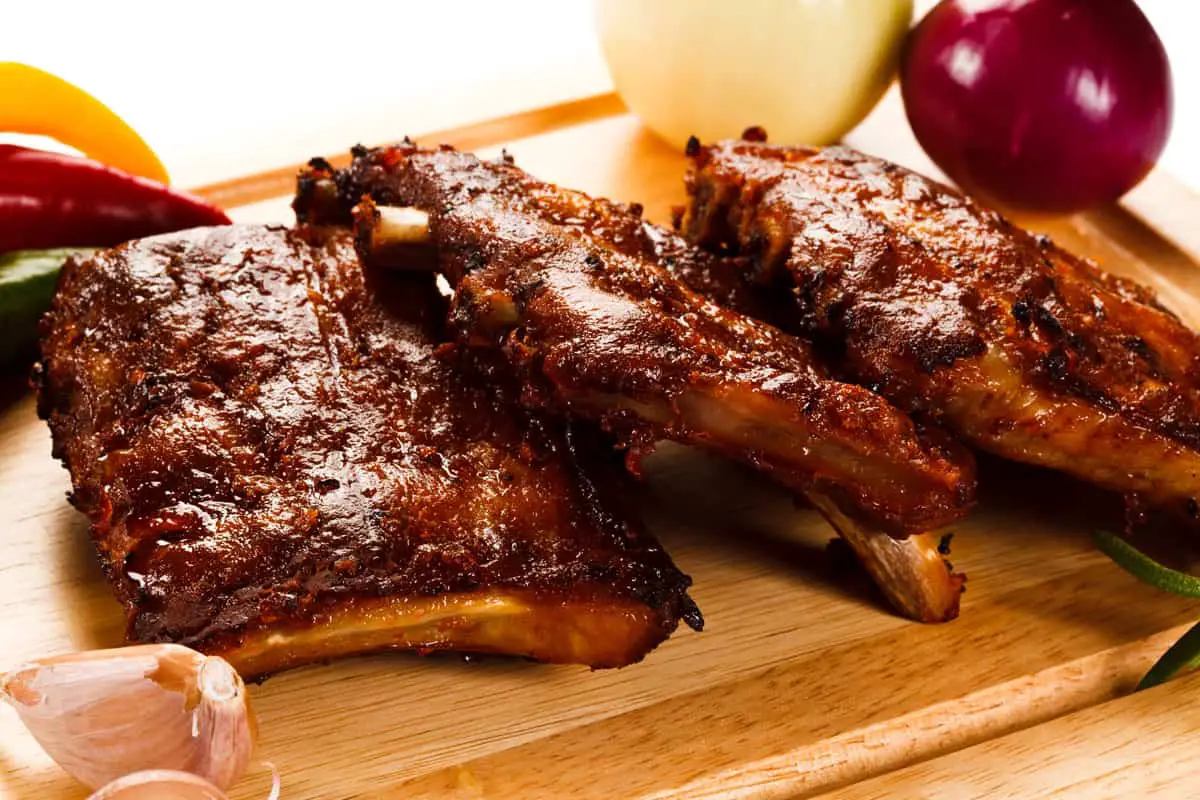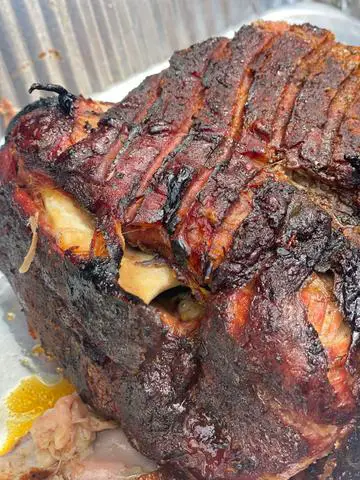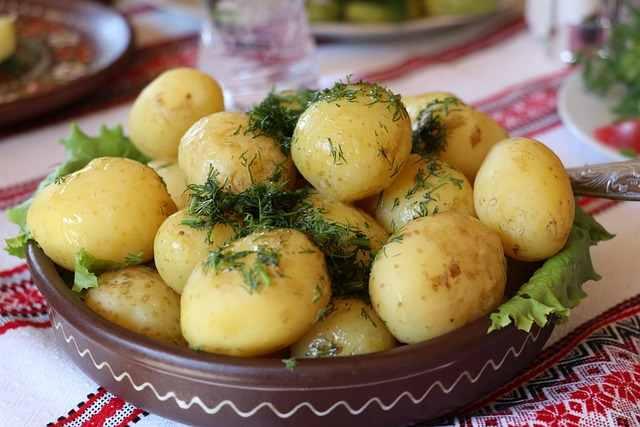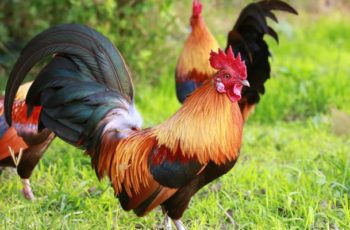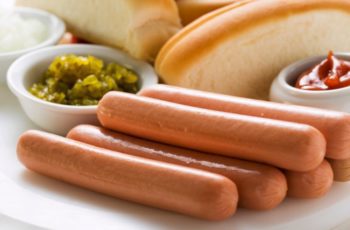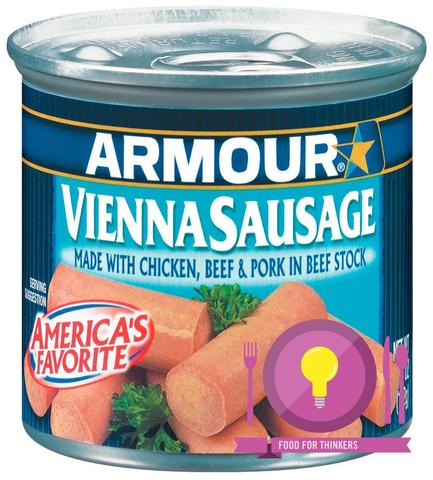
“Are Vienna Sausages Good for You? Exploring the Nutritional Profile and Health Impact of this Popular Delicacy”
Are Vienna Sausages Healthy or Are They Bad for You?
Vienna sausages are not considered a healthy food choice due to their high sodium and fat content. While they do provide a good source of protein, the negative health effects of consuming excessive amounts of sodium and fat outweigh the benefits. Eating too much sodium can lead to high blood pressure and an increased risk of heart disease. Additionally, the high fat content in Vienna sausages can contribute to weight gain and other health issues.
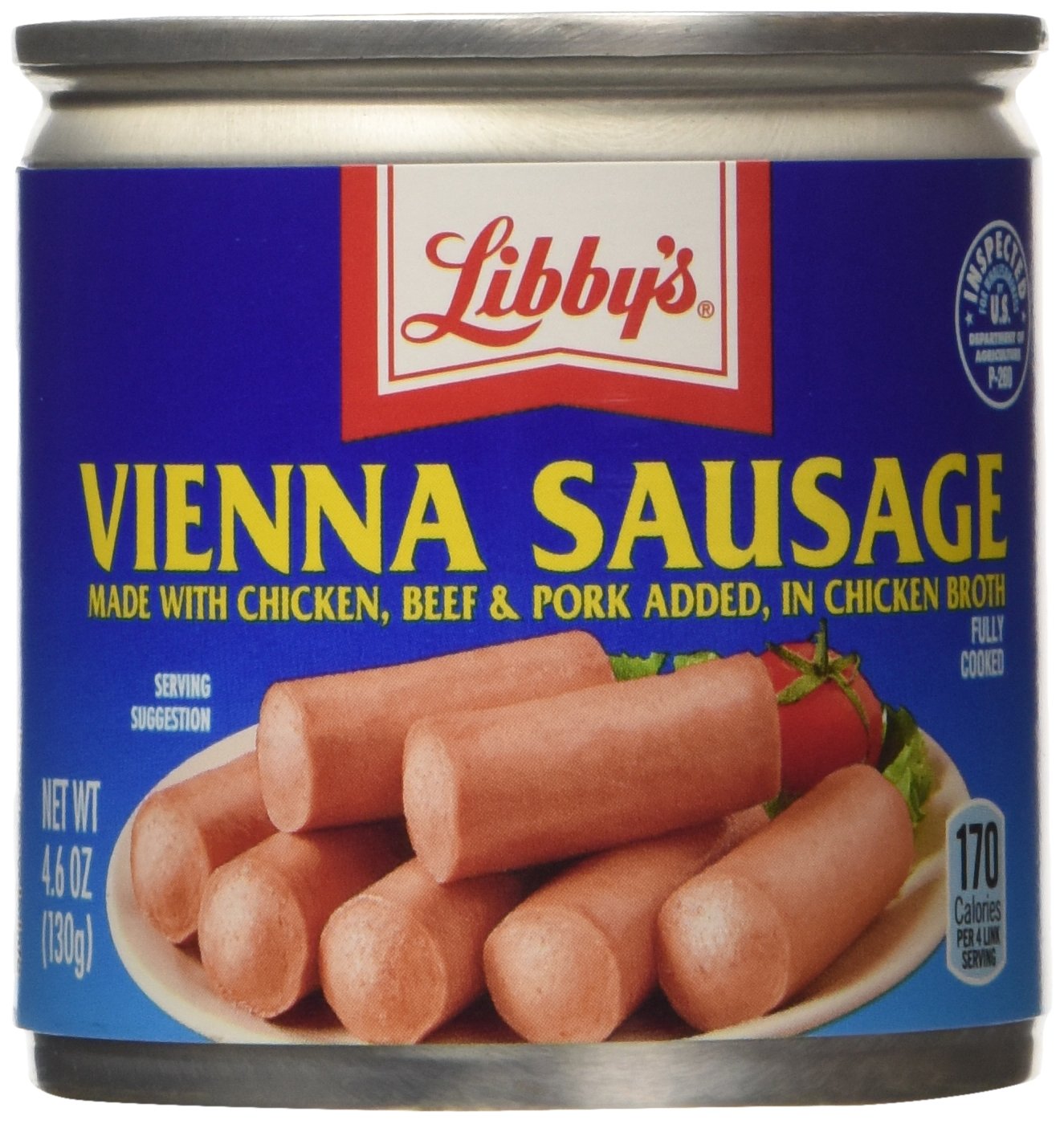
It is recommended to limit your intake of Vienna sausages if you are trying to maintain a healthy diet. Instead, opt for healthier protein sources such as lean meats, poultry, fish, or plant-based alternatives. If you do choose to consume Vienna sausages, it’s important to balance them with other nutritious foods and eat them in moderation.
What are Vienna Sausages?
Vienna sausages are a type of sausage that is typically made from pork, beef, or turkey. They are often smoked and then canned. Vienna sausages are popular in the United States and are available at most grocery stores. They can be served cold or heated, and are often enjoyed as part of a meal or as a snack.
The ingredients of a Vienna sausage vary depending on the region in which it is made. However, the most common ingredients include pork, beef, or veal, as well as spices such as garlic, salt, and pepper. The sausages are then smoked and cooked before being canned or vacuum-sealed. While traditionally made with natural casings, some manufacturers now use artificial casings.
Vienna sausages have gained popularity around the world and are not likely to cause major health problems if consumed in moderation. However, they are high in sodium and fat, so it is recommended to limit their intake if you are trying to eat a healthy diet.
What is Vienna Sausage Made Of?
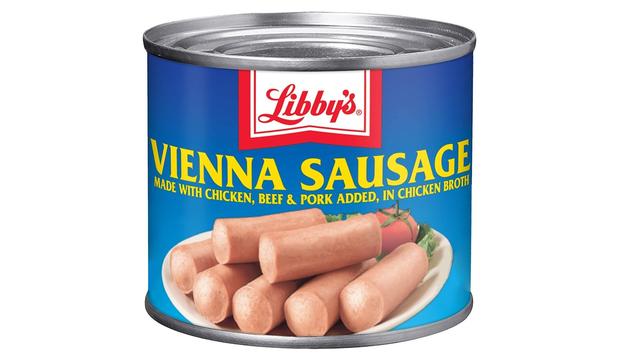
Vienna sausages are typically made from pork, beef, or turkey. The sausages are smoked and cooked before being canned or vacuum-sealed. They often contain spices such as garlic, salt, and pepper to enhance the flavor. Some manufacturers may use artificial casings instead of natural casings. The ingredients list on a can of Vienna sausage may include “casings” along with the meat and spices.
The specific ingredients of Vienna sausages can vary depending on the region in which they are made. However, the most common ingredients include pork, beef, or veal along with various spices. Despite the variations in manufacturing processes and ingredients, Vienna sausages remain a popular snack food enjoyed by people all over the world.
Is Eating Vienna Sausages Considered Healthy or Bad for You?
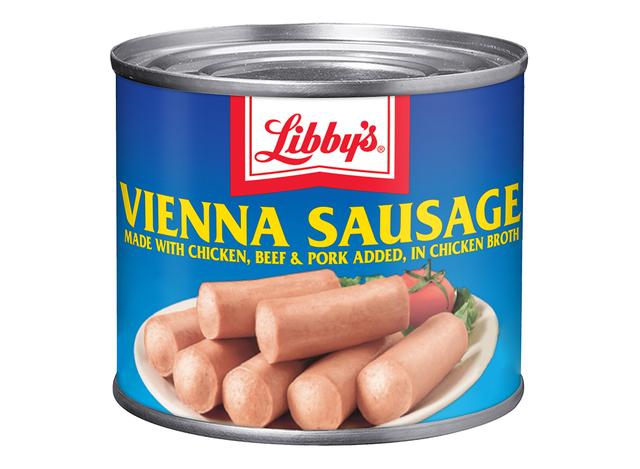
Eating Vienna sausages is not likely to cause any major health problems. However, they are high in sodium and fat. If you are trying to eat a healthy diet, you may want to limit your intake of Vienna sausages.
Vienna sausages are typically made from pork, beef, or turkey and are often smoked and canned. While they are a good source of protein and can be a quick and easy meal option, they should be consumed in moderation due to their high fat and sodium content. Too much fat and sodium can lead to health problems such as high blood pressure and heart disease. Therefore, if you choose to eat Vienna sausages, it is important to pair them with other healthy foods and limit your intake.
What are Vienna Sausage Recipes That You Can Try at Home?

If you’re looking to incorporate Vienna sausages into your home cooking, here are a few recipe ideas to get you started:
1. Vienna Sausage Stir-Fry: Heat some oil in a pan and add sliced onions, bell peppers, and carrots. Cook until the vegetables are tender. Then, add sliced Vienna sausages and cook until they are heated through. Serve over rice or noodles for a quick and flavorful meal.
2. Vienna Sausage Casserole: Preheat your oven to 350°F (175°C). In a baking dish, combine sliced potatoes, diced onions, and sliced Vienna sausages. In a separate bowl, mix together cream of mushroom soup with milk until well combined. Pour the soup mixture over the potato and sausage mixture in the baking dish. Cover with foil and bake for about 45 minutes, or until the potatoes are tender.
3. Grilled Vienna Sausage Skewers: Cut your Vienna sausages into smaller pieces and thread them onto skewers along with your favorite vegetables like cherry tomatoes, bell peppers, and zucchini slices. Brush them with olive oil and season with salt, pepper, and any other desired spices. Grill the skewers on medium heat for about 10-15 minutes or until everything is cooked through.
Related Questions
1. Are Vienna sausages high in sodium and fat?
2. What are the health risks of eating Vienna sausages?
3. Can Vienna sausages be part of a healthy diet?
4. What are some healthier alternatives to Vienna sausages?
5. How can Vienna sausages be incorporated into a healthier meal?
6. Are there any vegan-friendly options for Vienna sausages?
7. What are the benefits of choosing Vegan Deli’s Vienna sausage over traditional meat-based sausages?
8. Is Vienna sausage a good source of protein and nutrients?
9. How can Vienna sausage be used in various recipes?
10. Where can I find Vienna sausages at grocery stores or online?
What are the benefits of Vienna sausage?
Vienna sausage offers several benefits. Firstly, it is a good source of protein, which is essential for building and repairing tissues in the body. Protein also helps to keep you feeling full and satisfied, which can aid in weight management. Additionally, Vienna sausage is relatively low in fat and calories compared to other types of sausages, making it a healthier choice for those watching their calorie intake. It is also a convenient option for quick meals or snacks when time is limited. Overall, Vienna sausage can be enjoyed as part of a balanced diet in moderation.
Are Vienna sausages real meat?
Yes, Vienna sausages are made from real meat. While they may contain some fillers and preservatives, the majority of the contents are composed of pork or beef. In fact, Vienna sausages are required to contain at least 51% meat in order to be sold in the United States.
Can Vegans eat Vienna sausage?
For many people, the answer to this question is a resounding “no.” After all, Vienna sausage is typically made with pork and beef, making it a decidedly non-vegan food. However, there are some brands that offer vegan-friendly options. One such brand is “Vegan Deli,” which offers a wide range of vegan meats, including Vienna sausage. Made with soy protein, these sausages are free of animal products and provide a delicious alternative for vegans who crave the taste of traditional Vienna sausage. In addition to being vegan-friendly, these sausages are also lower in fat and calories than their meat-based counterparts. So whether you’re a vegan looking for a tasty treat or simply trying to eat healthier, Vegan Deli’s Vienna sausage is worth checking out.
Summing It Up
Vienna sausages are a popular snack food that is typically made from pork, beef, or turkey. While they can be enjoyed as part of a meal or as a quick and easy snack, it is important to remember that they are high in sodium and fat. Therefore, if you are trying to eat a healthy diet, it is best to limit your intake of Vienna sausages and pair them with other nutritious foods.
Despite their high sodium and fat content, Vienna sausages do have some benefits. They are a good source of protein and can be a convenient option for those with busy schedules. However, moderation is key when consuming Vienna sausages, as excessive intake of fat and sodium can lead to health problems such as high blood pressure and heart disease.
In terms of cooking with Vienna sausages, they are versatile and can be easily incorporated into various recipes. Whether diced in a frittata or sliced in a stir-fry, Vienna sausages add flavor and protein to meals. If you choose to include them in your diet, be sure to balance your overall intake with healthier food choices.
In conclusion, Vienna sausages may not be the healthiest choice due to their high sodium and fat content. While they can be enjoyed in moderation, it is important to prioritize a balanced diet rich in whole foods for optimal health.
Learn More About Grilling
If you want to learn more about grilling, check out these other helpful resources!

